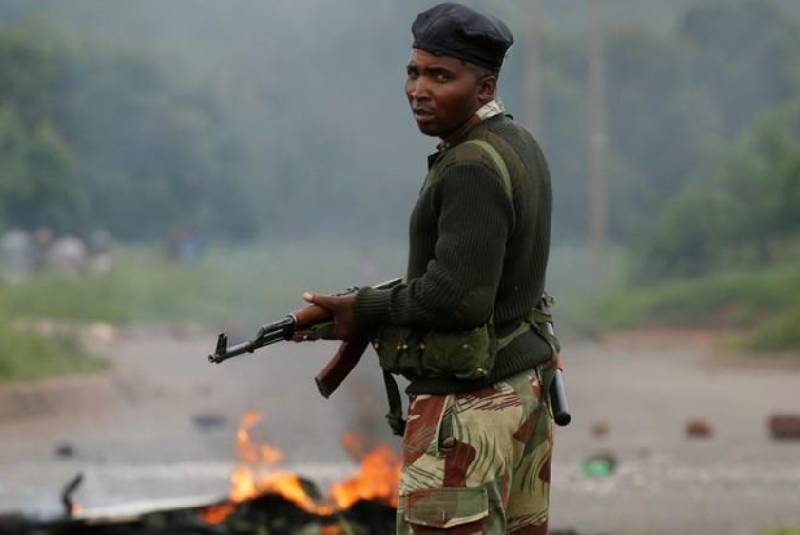×
The Standard e-Paper
Stay Informed, Even Offline

A soldier stands before a burning barricade during protests in Harare, Zimbabwe, on January 15, 2019. [Photo, Reuters]
Zimbabwe residents are without internet connection.